At Christopher Peacock’s luxury cabinetry showroom, concept, design and quality are all on display
By Hollie Deese
Christopher Peacock wouldn’t necessarily say he was born creative, but there’s certainly something about being an only child that bred it as he filled time playing and exploring alone in his home in Essex, just outside of London.
“I had a lot of time to kill,” he says. “I would go into my bedroom and I would paint and I would draw and I would build things. And whether it was Legos or making toy airplanes, I would spend a lot of time alone, and that gets your imagination going.”
Not that he was a forgotten child — his parents were always with him, at home or taking him to work. His mother was a television executive, running the documentary division of one of the networks at the time.
His father was a builder for a company developing large buildings in London. And while the family didn’t own the business, his whole family worked there — his father, grandfather, brothers, all worked there.
“I was certainly immersed into that world at a very young age,” Peacock says. “On a Saturday afternoon, he would take me up into London and I’d walk around these huge construction sites. And so, without me realizing it, I was immersed in building things. And he was also a guy that did everything himself. So if we needed a coffee table at home, he would go out in the garage and make it.”
 In fact, one of his earliest memories is of his father building the family’s kitchen cabinets and installing them himself.
In fact, one of his earliest memories is of his father building the family’s kitchen cabinets and installing them himself.
“I grew up without fear of making things,” he says. “Some people are sort of fearful of actually trying to make something big, but he showed me that it was possible to do, no matter what it was. If you thought about it and applied yourself to it, then you will be able to do it yourself.”
Peacock credits his parents with helping set him up to understand the business side of things, but they also encouraged his creativity. Throughout school he would take arts and ceramics — but never carpentry.
“I was not a carpenter. I’m still not a carpenter,” he says. What he was skilled at — drawing, painting and transferring a design from vision to paper.
He can also play a number of instruments, but drumming is where he excels. He progressed from banging around as a child to playing in bands with some success as he got older on the London music scene in the late ’70s and early ’80s.
“The other big part of my life, still to this day, is music,” Peacock says. “And I really wanted to be a musician but realized I was probably not going to be a successful one, even though I was pretty good one.”
Coincidentally, the father of the lead singer of the band Peacock was in had a kitchen cabinet business and asked him when he was about 19 if he wanted to make some extra money on the weekends doing deliveries.
“So I would drive the delivery truck during the day and load up kitchen cabinets, and then in the evenings I’d go out and play a gig somewhere. So that was my world when I was a young guy.”
But he also loved to travel and explore, and whenever he made enough money he’d go on a trip — Europe, Australia, America.
“So I had all these influences,” he says. “And I found that through driving a delivery truck for kitchen cabinetry, I was exposed to design and just immersed in this world. And I realized that I could do that. And I found it quite easy to do. I actually found myself thinking I could do it better than the guys who I was working with.”
Peacock ended up working in one of the showrooms, designing and drawing and tapping into his knowledge of construction. And being in the showroom revealed yet another talent he had — connecting with people.
“I found it very easy to talk to people and deliver my ideas to them. And they liked it and they would buy things from me,” he says. “So I was suddenly in this world of cabinet design. I moved up to London and got a job at Heal’s, a famous furniture store owned by Terence Conran.”
Conran, an iconic British designer, founded the Design Museum in London and created the IKEA-precursor, Habitat. Conran died Sept. 12, 2020, at age 88.
“I was in his design department, designing cabinetry for quite a ritzy set of people and honing my craft in London,” Peacock says. By 1987 he was 27 and had an opportunity to move to America, designing a showroom for modern German cabinet brand SieMatic in the Boston Design Center. Shortly after, he was hired by British luxury design company Smallbone and moved to New York.
Going alone
Peacock was designing kitchens and traveling throughout the U.S. and loving life. “It was great — Manhattan in the late ’80s and ’90s. It was a lot of fun,” Peacock says.
Until the recession hit in 1991, and people stopped buying luxury British cabinets. But it ended up being exactly what Peacock needed to motivate him into what was next.
“There was a real turning point of ‘Well, what do I do now?’” he says. “People used to approach me to do work privately often, and I never really did it. Then one day I just said, ‘Why not?’” Working privately hit all his strengths, including how good he was with people one on one. And it didn’t hurt that he had always thought maybe he could do things better than they had been done before.
So he took on some private work, put one cabinet display in a local interior design shop and opened up a 12’ x 12’ showroom space in Greenwich, Connecticut, in 1992.
“I bought an Apple computer and a printer, and I think it cost me $5,000,” he says. “Put it on a credit card. I didn’t even know how to use it. It was just me.” But doing it all himself is what he needed to build a company to his own high standards.
Word of mouth spread, and one job led to another, then another. In those early days he knew he had to do one kitchen a month to make any money. To control manufacturing he borrowed some money for some machinery, set up a little workshop and hired some guys to make cabinets as he sold them.
“I wasn’t really thinking past Connecticut at the time,” Peacock says. “I was just happy to be doing that. And then it just started to grow.”
Customers were drawn to Peacock not just for the style, but also for his drive to serve the customer and make sure they were happy with the process and what he designed. “When you’re small, every job counts,” he says.
But as he started to pick up more work, he would suddenly be in Florida or some other part of the country to work on a client’s second home. So he opened a bigger showroom. And then he started to build a showroom network, one step at a time.
Showrooms expand worldwide
Since those early days Peacock has opened showrooms throughout the country and Europe, with locations in Greenwich, Chicago, Boston, San Francisco, New York City, Short Hills, Dallas, and in Cannes, Cote D’Azur, France and London, England.
Peacock and his team slowly and carefully decide where to expand and open the next showroom, taking into consideration the demographics of the population, the architecture of the neighborhoods, style of the homes and even the kinds of cars they drive.
“It’s really about what people value,” he says. For example, in Southern California people might spend a lot of money on the right car or large house with a swimming pool, but they’re not that worried about what the inside of the kitchen cabinetry looks like. But in Dallas, homes are often well appointed, inside and out.
“People are not necessarily putting cabinetry into their first home, but when they are building something that is going to last forever, they’re attracted to things that are well-made and traditional in the sense of how they’re put together and executed,” he says.
But even after all the research, it really comes down to what Peacock feels.
“At the end of the day, it’s a gut feeling,” he says. “And that was the case for Nashville.”
Ten years ago Christopher Peacock was tapped to do the cabinets in The Manning Belle Meade development, which slowed down for a while but is in production again now. And with the influx of people from all over the country, it felt like the right time to open a showroom here when the Nashville Design Collective began booking vendors.
“It just felt like the timing was right, to be part of a very exciting time for the city,” he says.
Of course, the appeal to him as a musician didn’t hurt either.
“Not every decision I make is based purely from a business point of view,” he says. “I actually have to want to do it and enjoy it. It has to be fun. The travel has to be fun. The people that I hang out with have to be fun. And going to Nashville on a regular basis, how bad is that? If you’re a drummer, it’s pretty good.”
And since he can’t play too much now because of COVID-19, he can focus on the opening of the Nashville showroom, which has a handful of displays with a mixture of products to show the range of projects they can do — from a butler’s pantry in a Williamson County rebuild to downtown pre-war bathroom renovations.
“I started out really as a kitchen guy, but very often that’s where the conversation starts with a client, and we will then do cabinetry for every room in the home,” he says. “We could do a dressing room, we could do a library, we could do a bathroom, we could do a butler’s pantry. So we tried to show a little bit of all of that in the showroom to give people a taste of the breadth of product. But, having said that, we’re not trying to be all things to all people. The real goal is for people to come in and experience the quality of what we do and see that there’s this consistency in what we do.”
Because if all goes well, that visit to the showroom is the beginning of a journey that will end with a toast together over the completion of a dream design project.
“We are not trying to just sell them on anything. The client has to be the right client for us. People come in and they either like us and they get it, or they don’t, and there’s no in-between. And so the showroom is about that. It’s about immersing them in our brand and what we do so they get a feel of the culture of the company,” he says.
Materials and makers matter
Peacock’s philosophy has always been to produce handcrafted cabinetry of the highest quality, using the finest materials and offering an unparalleled level of professional service to its clientele. Simple, right? But anyone who has tried to maintain a level of quality in anything knows how hard it can be to consistently deliver.
“I always chose to do it myself. I never wanted to let go of the process and expose myself to a drop in service,” he says. “It just was never a question to me: I would make it. I would deliver it. I would install it. I would finish it. And I’d be there for the client the whole way through. I just thought that’s how you build a business. That’s how you build your reputation. And that’s how you sleep comfortably at night, knowing you had control of that.”
Though he isn’t a one-man show anymore, Peacock is still committed to making everything in the USA, with materials sourced here, so a dedicated partnership among the management, the design team, the master carpenters and the decorative artists helps keeps customers happy. And that is something he is always going to control.
“The logistics of designing and making cabinetry and shipping it and getting it delivered and installed in someone’s home — there are so many moving parts and pieces to getting that to happen successfully,” he says. “I would see companies fail when they didn’t deliver a part or a part broken, or it was ordered incorrectly, or it got stolen from the job site. Any number of things could happen, and what that meant to the customer was a problem. And it was such a breakdown in the customer service experience — you would have someone 90 percent finished, but they couldn’t get done because some part had to come from Europe. And that wasn’t uncommon.”
In a small town in West Virginia, about 70 workers create the cabinets Peacock designs, a community dedicated to family and hard work and creating something beautiful.
“These are some of the best artisans,” says Peacock. “They’ve learned from their relatives, and it’s something that’s passed on, which is very special. We are genuine in what we say. We try to do everything as well as we can. The culture and the people within the company are amazing. I mean, they are just good people, and everyone really cares. We just want to do the best job we can for everybody.”
Ultimately, Peacock is inspired by the mentality his father’s generation had after the second World War to make everything they needed, a natural approach to seeing a piece of wood and fashioning it into something. He is pushing that to the extremes of some of the finest homes in the world.
And now in Nashville we get to experience that firsthand.
“I’ve lived [in the U.S.] for 33 years now,” Peacock says. “The Unites States has been an amazing country for me. To be able to start from nothing, build a business and have the support of people with a can-do attitude is really an amazing thing to experience.”
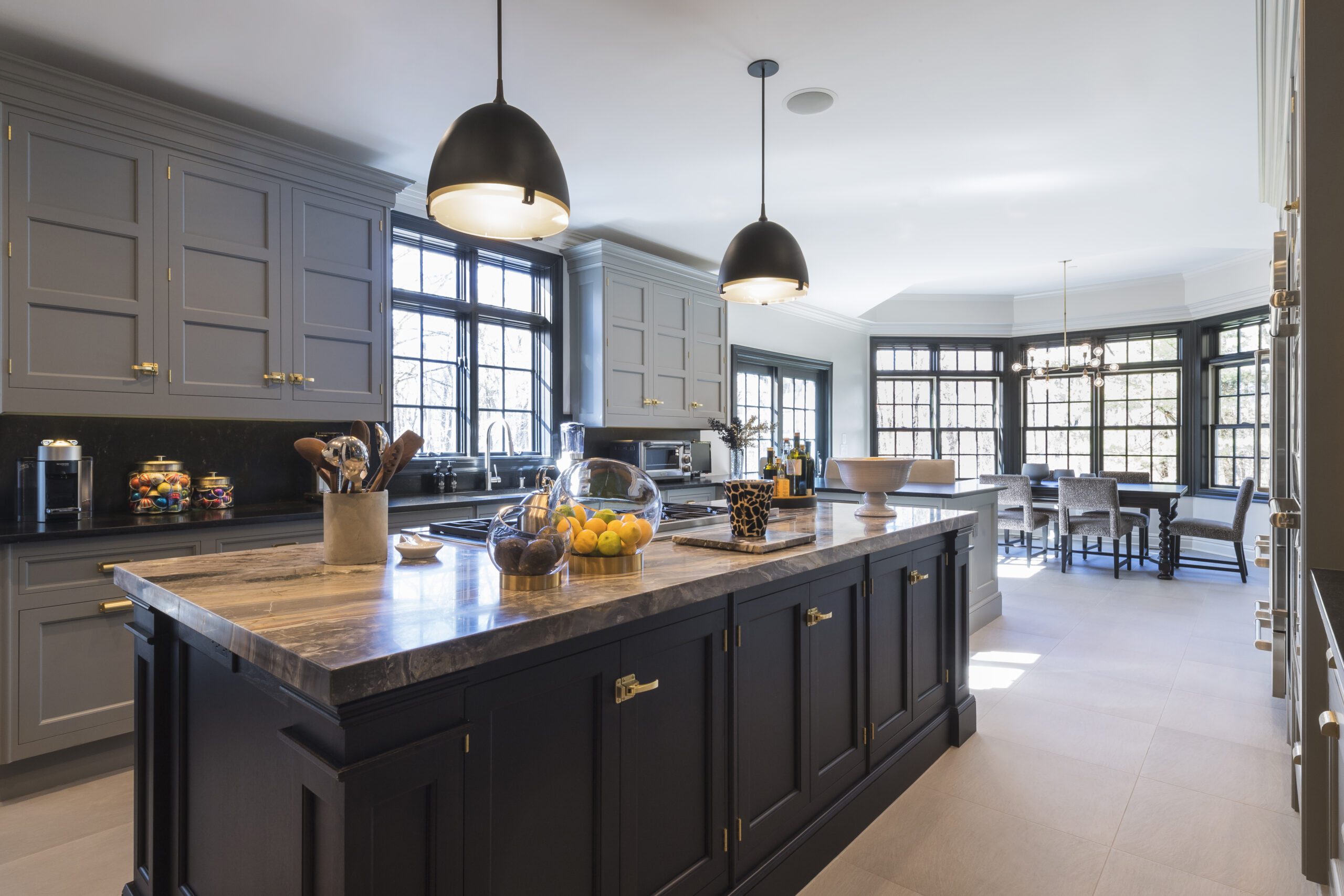
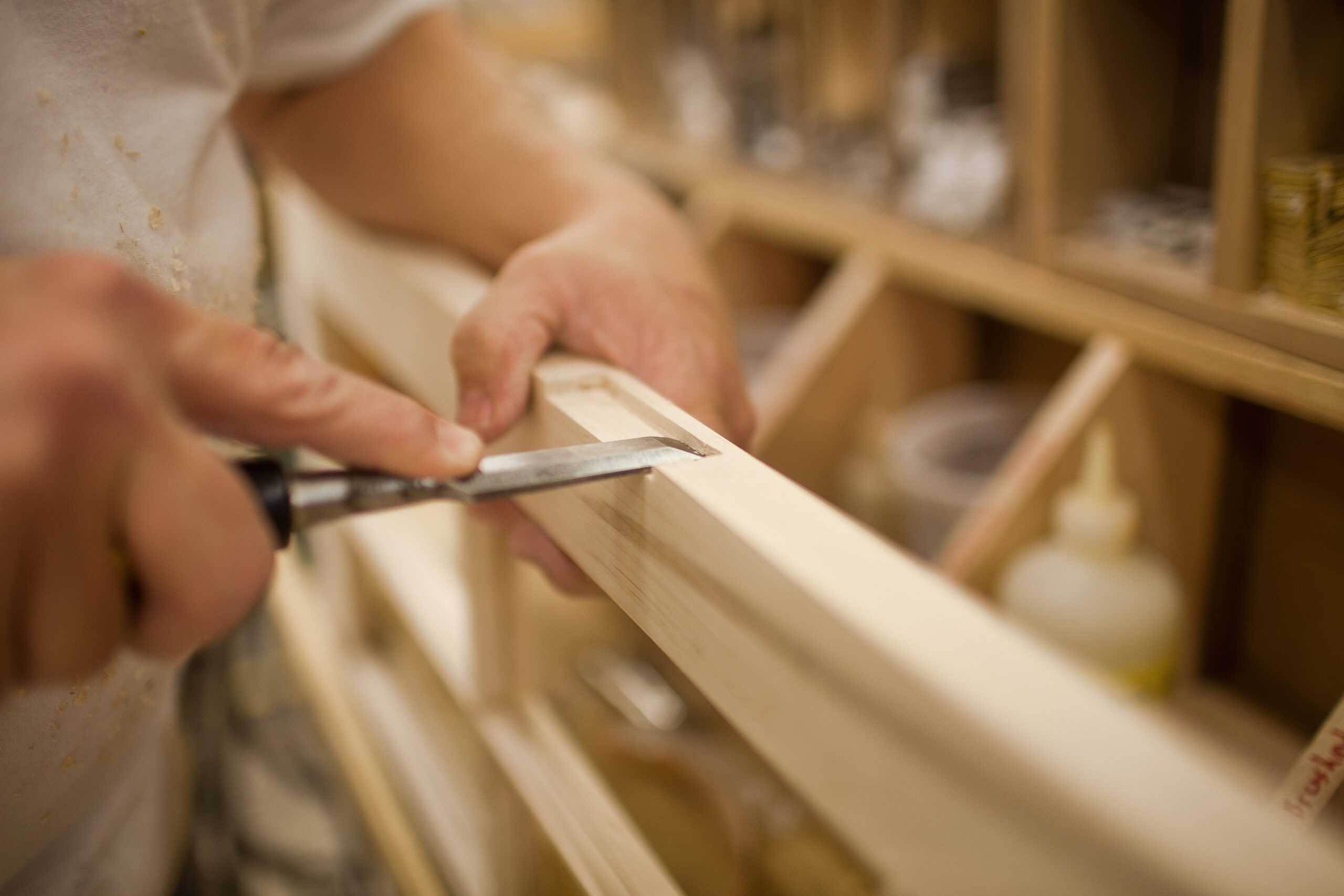
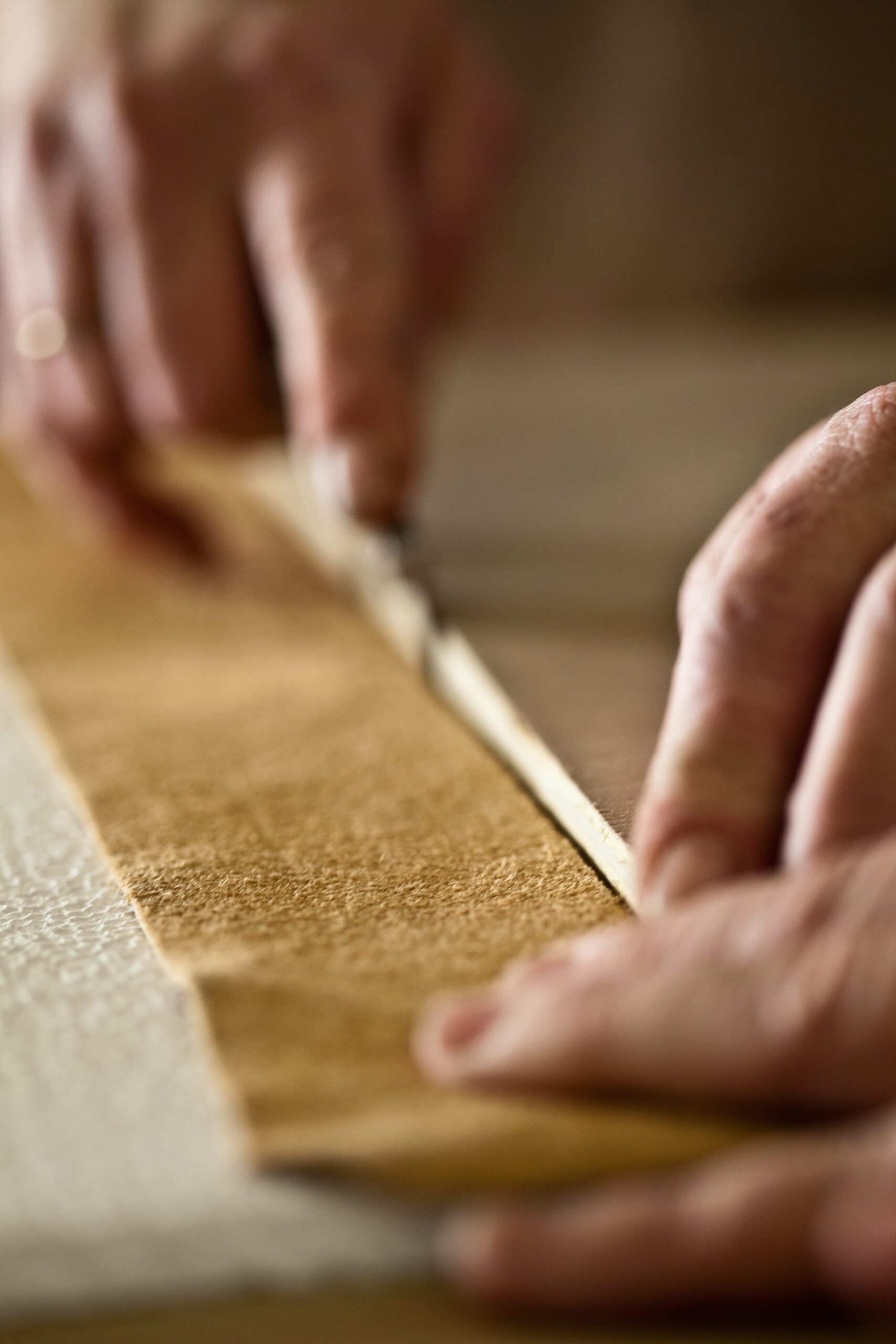
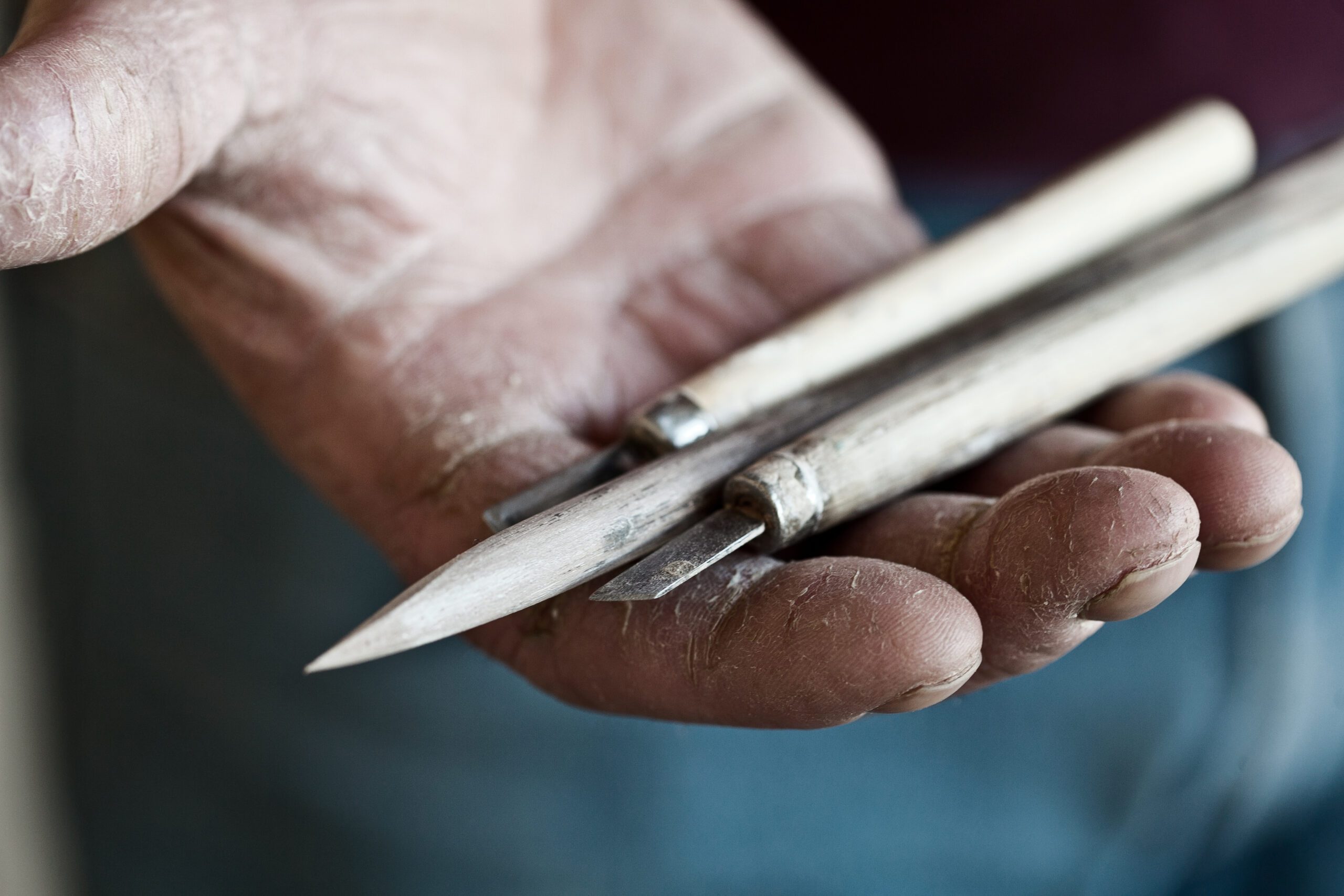
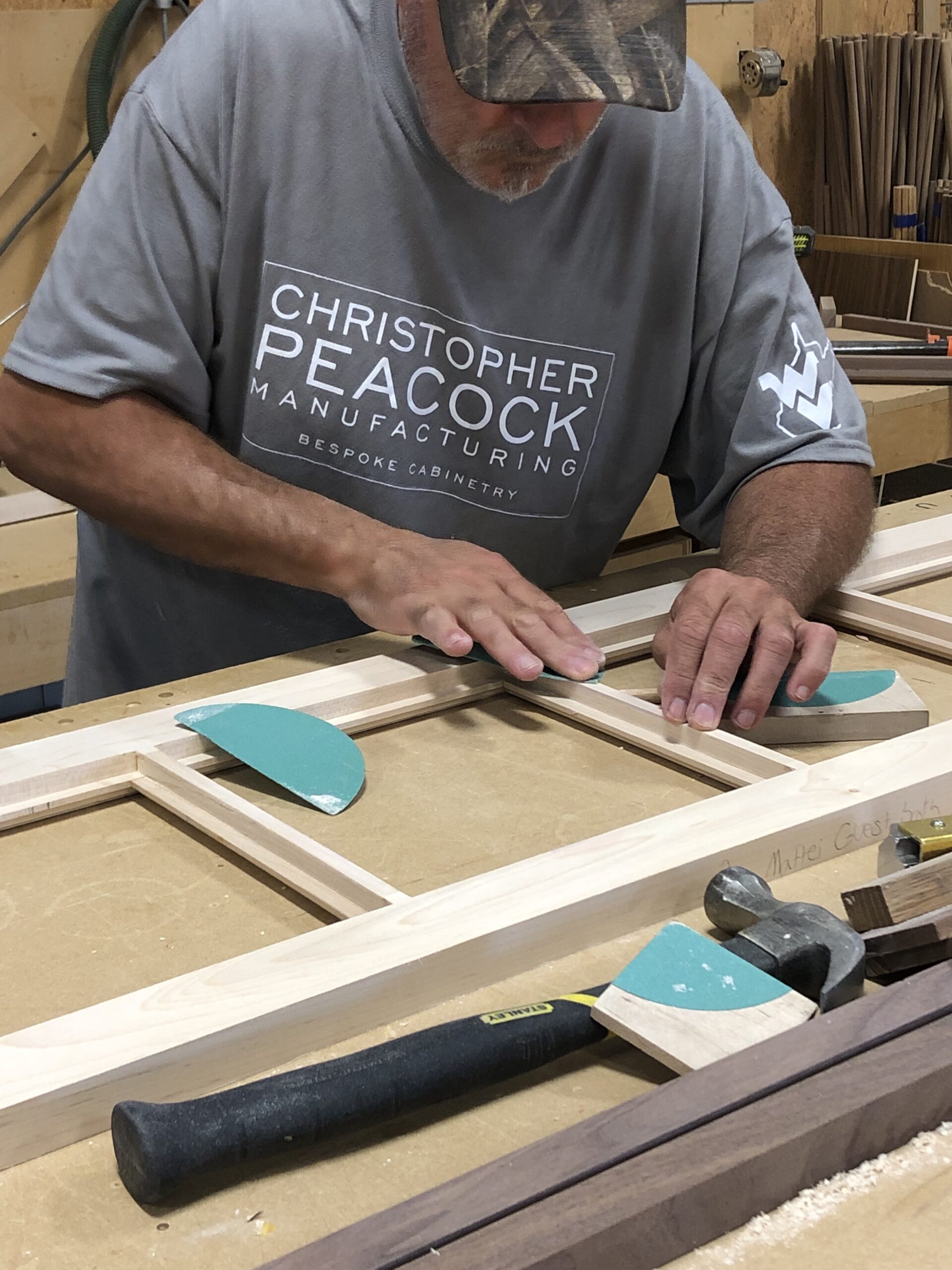
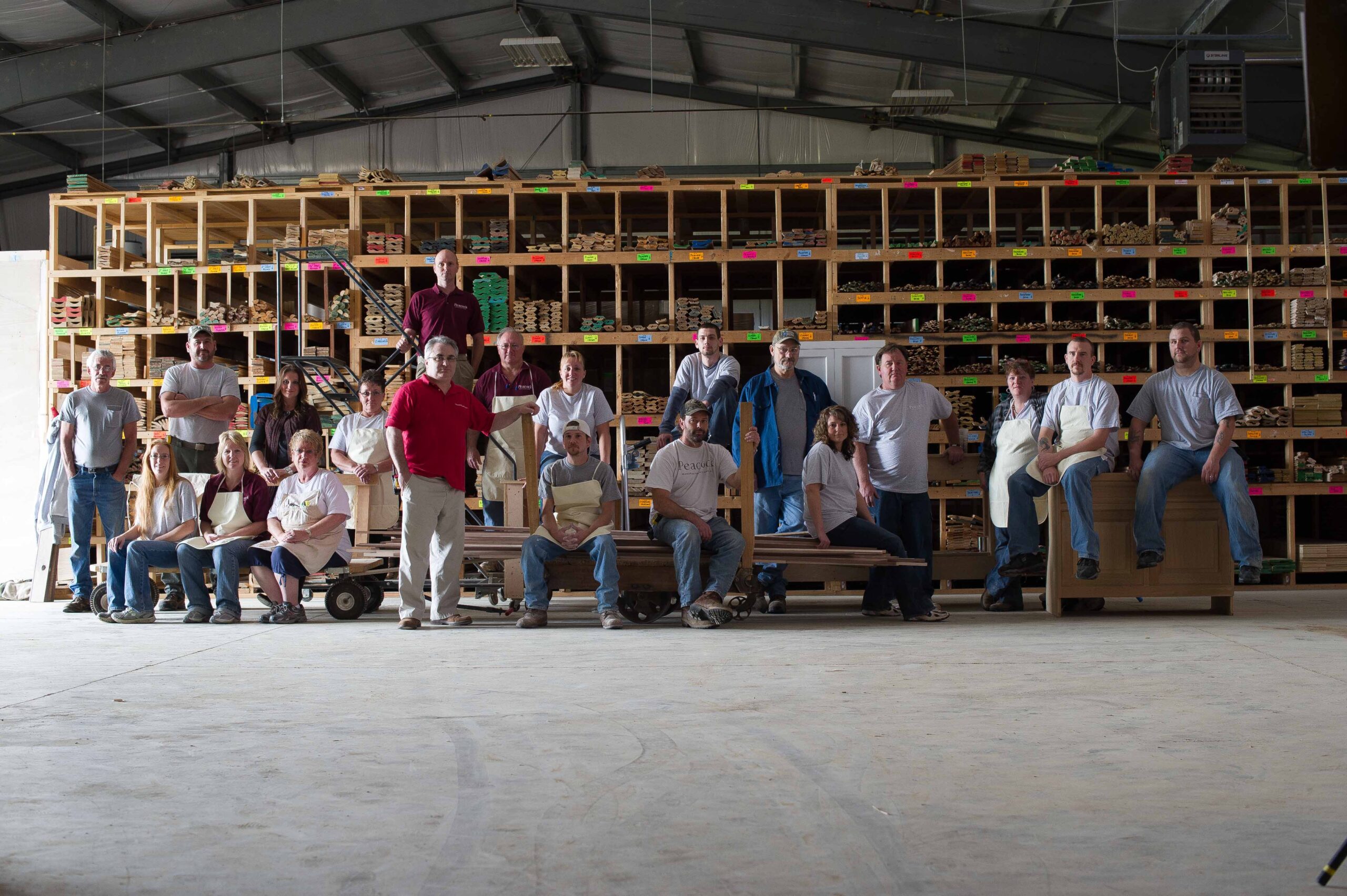
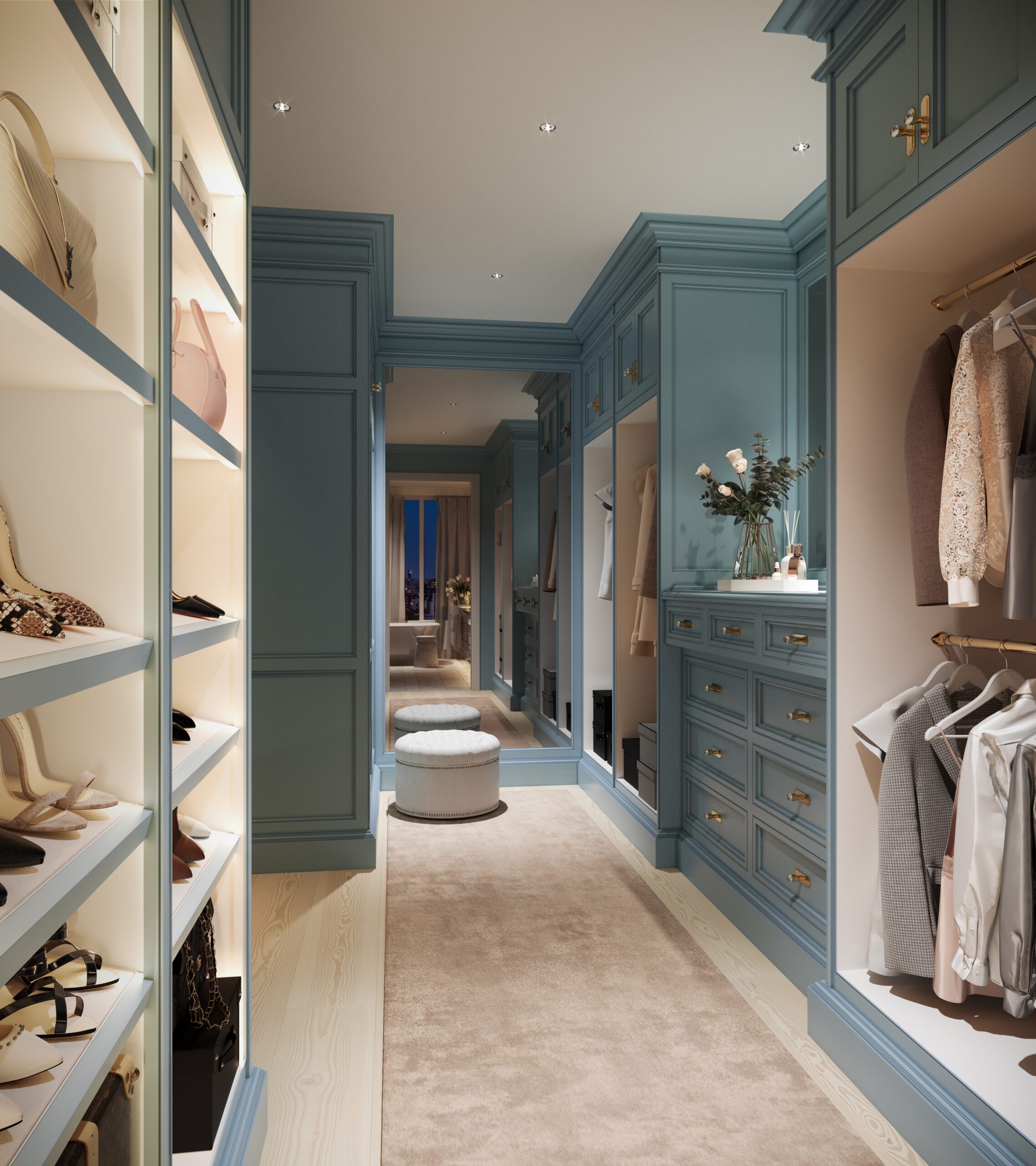

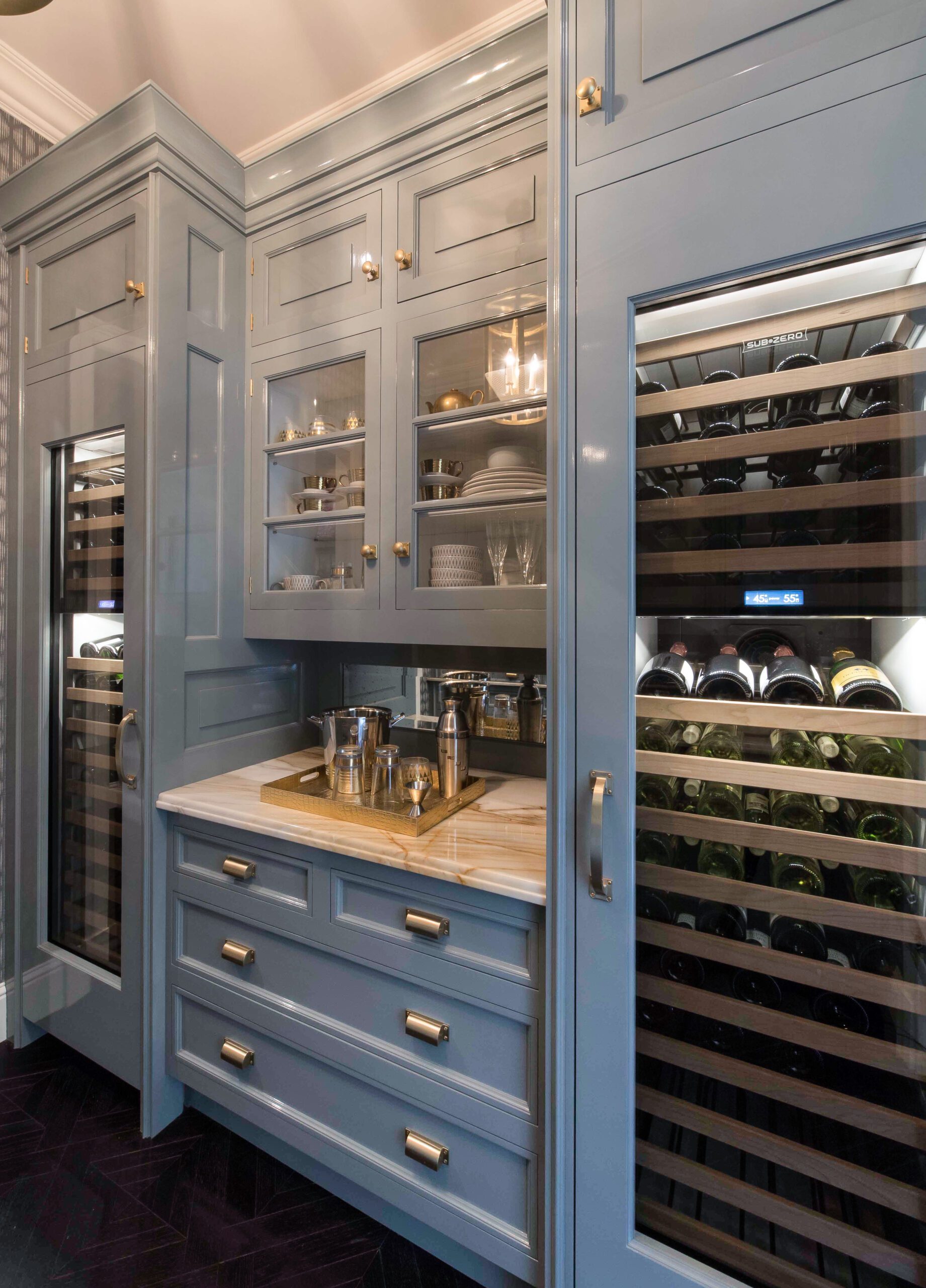
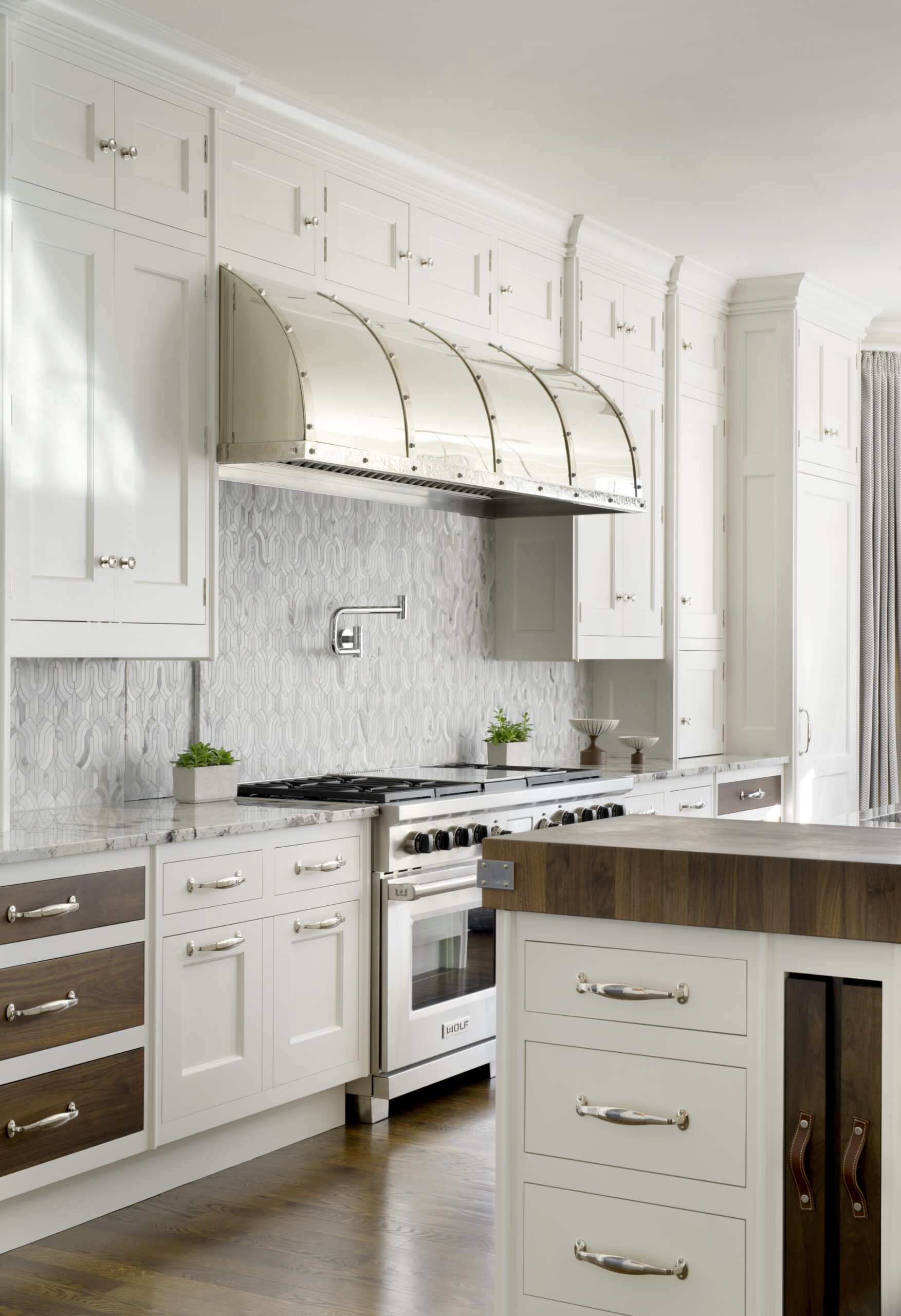
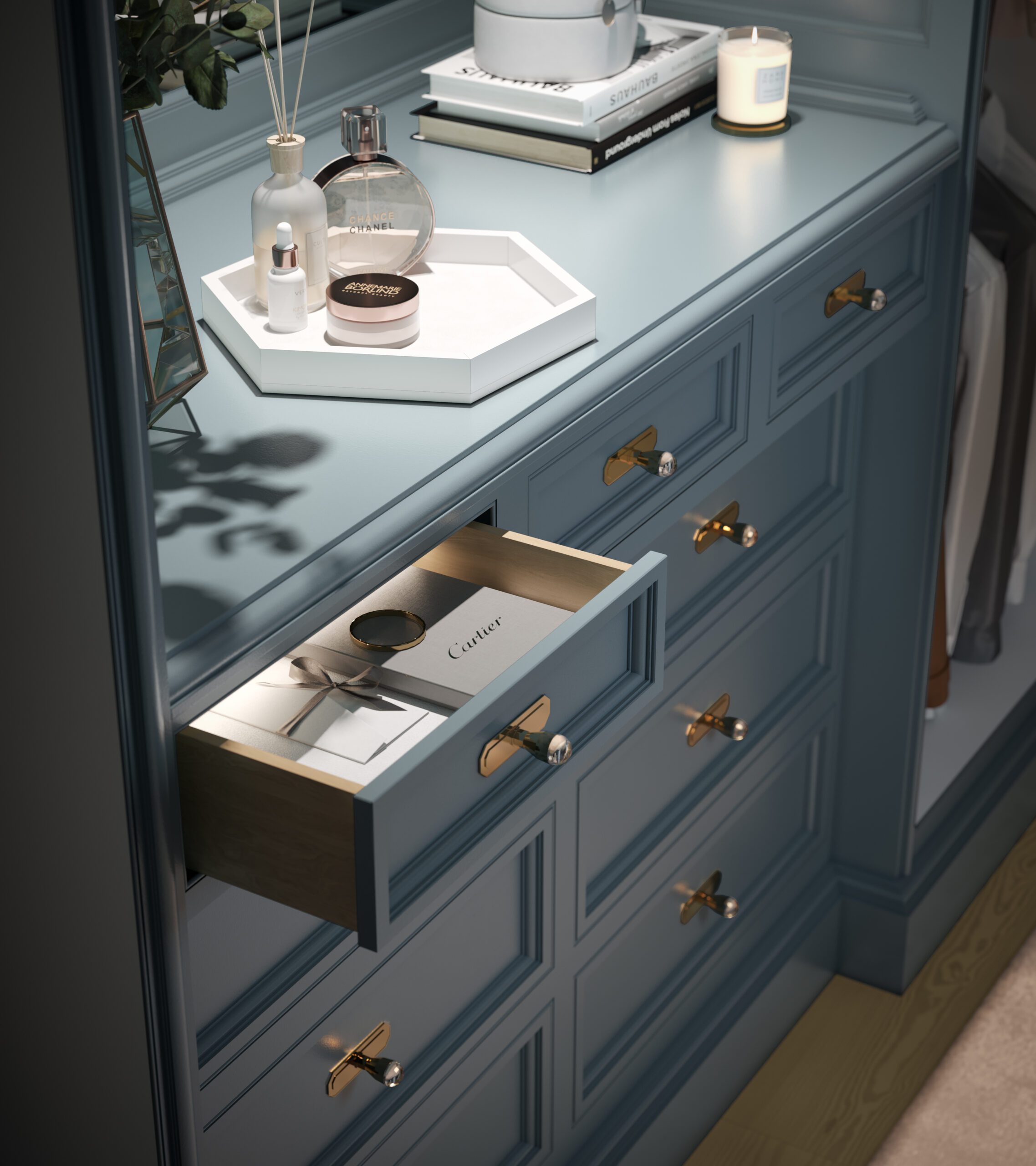
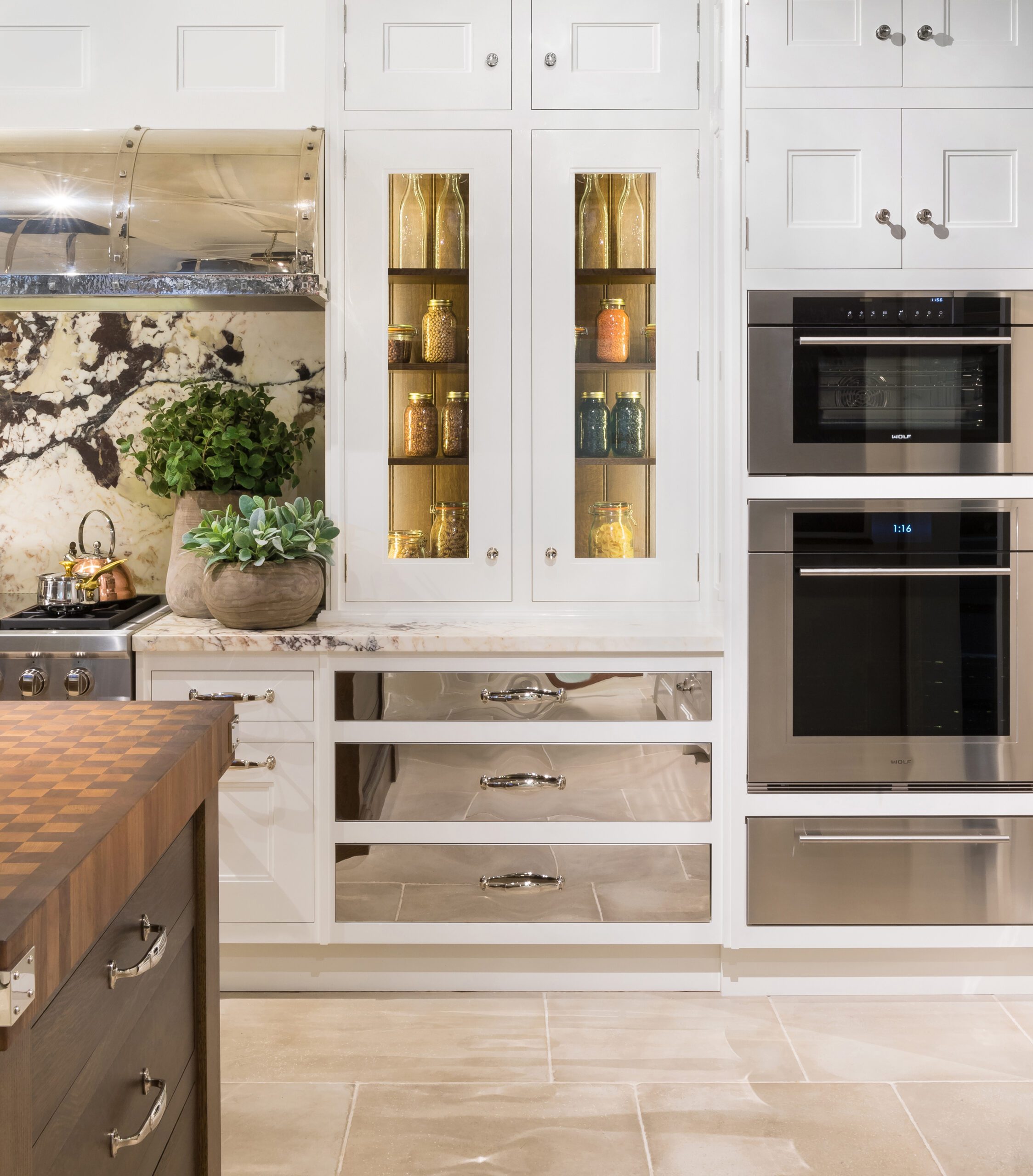
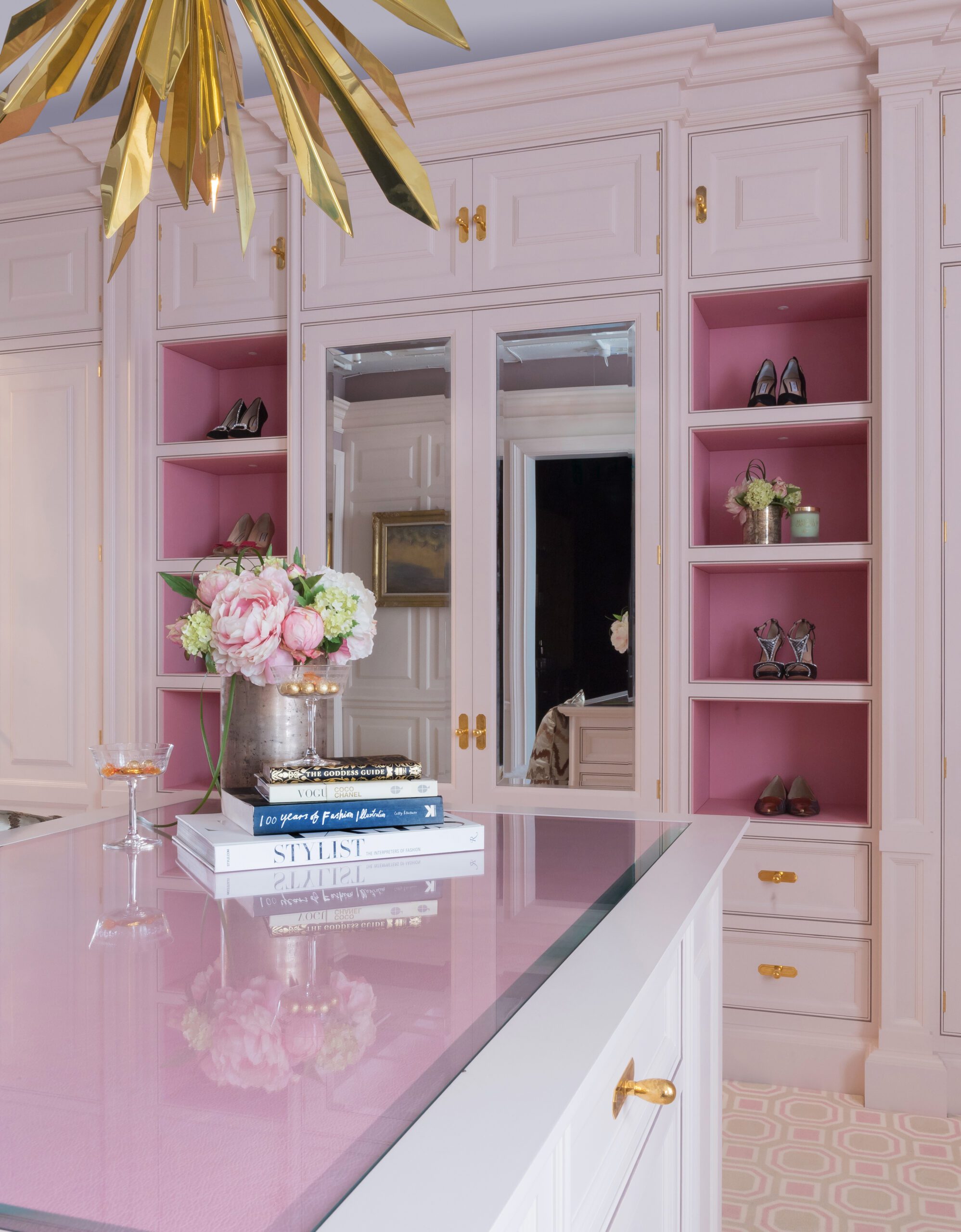
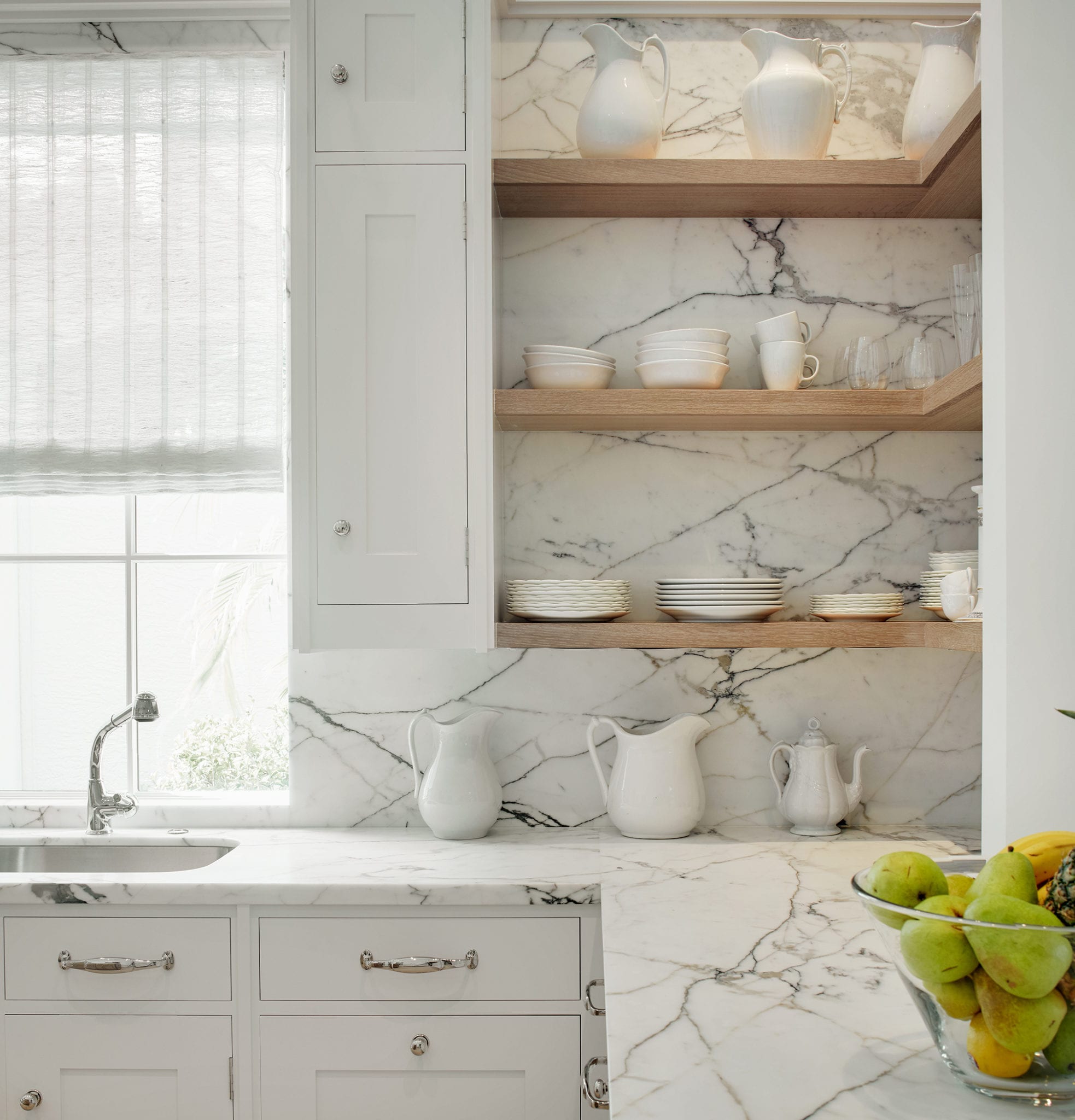
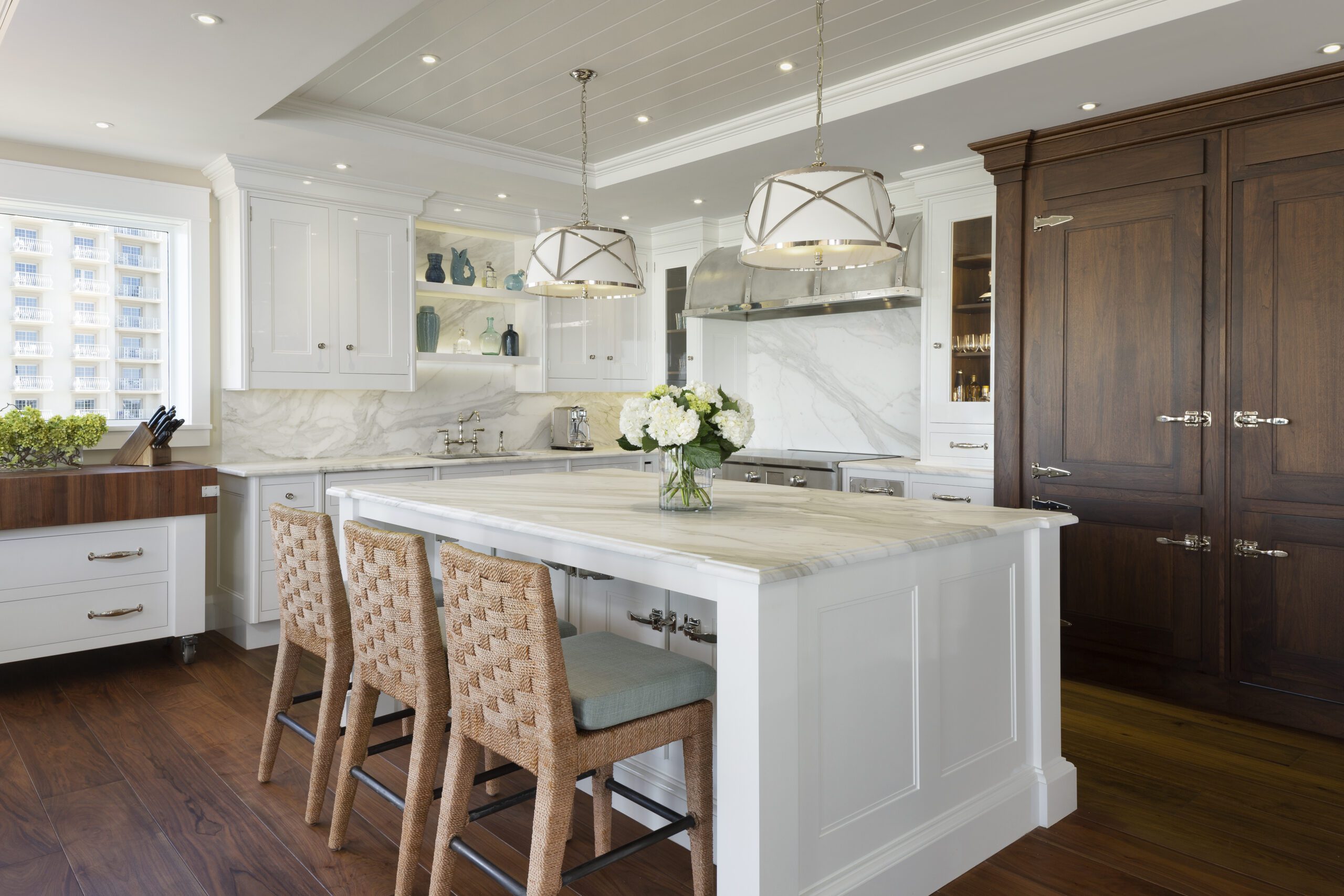

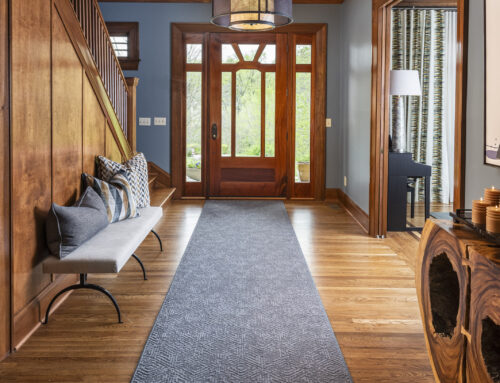
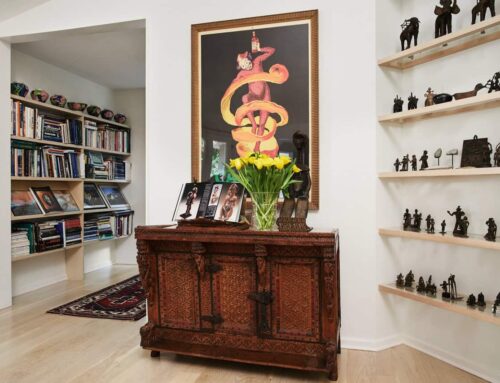

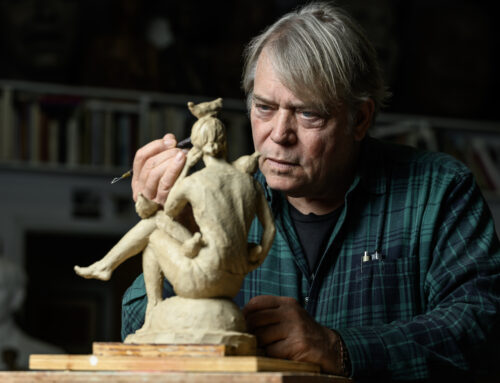
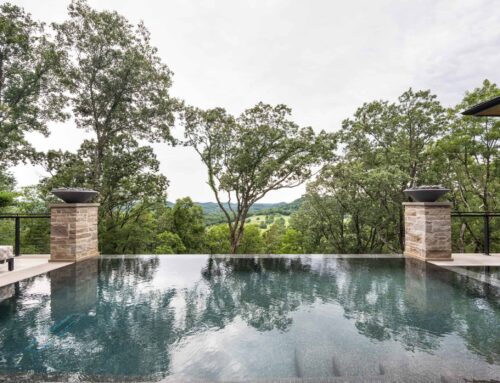
Leave A Comment
You must be logged in to post a comment.